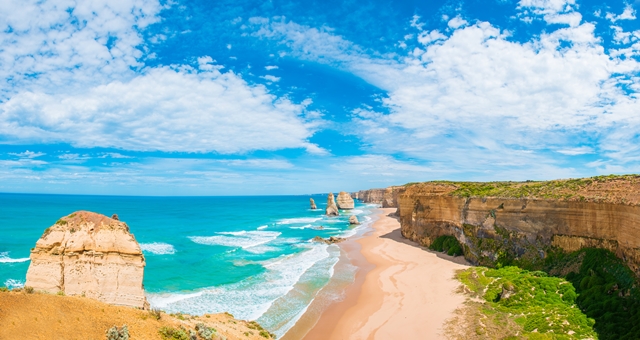The Accommodation Association of Australia (AAoA) says sharing economy platforms, such as Airbnb, are exploiting regulatory loopholes to take business away from compliant operators of tourism accommodation businesses in regional Australia.
AAoA CEO, Richard Munro, said recent information released by Airbnb that more than half of its bookings in Australia are for stays in country towns or coastal resorts should serve as a reminder to state/territory governments to take steps to properly regulate the tourism accommodation industry.
“Claims that 1.7 million Airbnb guests spent $287 million on accommodation in regional Australia last year is further evidence that sharing economy platforms are sucking the life out of hotels, motels and other compliant tourism accommodation businesses outside of our major cities,” he said.
“Operators of compliant tourism accommodation businesses in regional areas are, in many instances, hard-working family or ‘Mum-and-Dad’ outfits who have been barely making ends meet.
“They struggle to recruit and retain staff, they have had to contend with high penalty rates on weekends and public holidays and now Airbnb seems determined to try to put them out of business.
“Our industry isn’t frightened of competition, but compliant operators of regional tourism accommodation businesses are directly competing with Airbnb, yet Airbnb properties are subject to little or no regulation, unlike traditional hotels and motels.
“Operators of compliant tourism accommodation businesses must meet stringent building fire safety standards, have appropriate insurance in place and meet disability access requirements.
“In almost all states/territories, there is virtually no obligation on Airbnb properties to meet the same or even similar standards. This situation must change – to, among other things, protect the safety of consumers,” he said.
Munro said he queries the figures released by Airbnb that it is creating jobs in regional areas.
“To the best of our knowledge, Airbnb does not employ and train workers in regional Australia whereas our industry is and will always be very labour intensive and committed to employing locals in regional Australia,” he said.
“On this basis, the net impact of Airbnb on employment in regional Australia appears to be negative.”
HM has requested a response for comment from Airbnb and one was not received at the time of publication.


